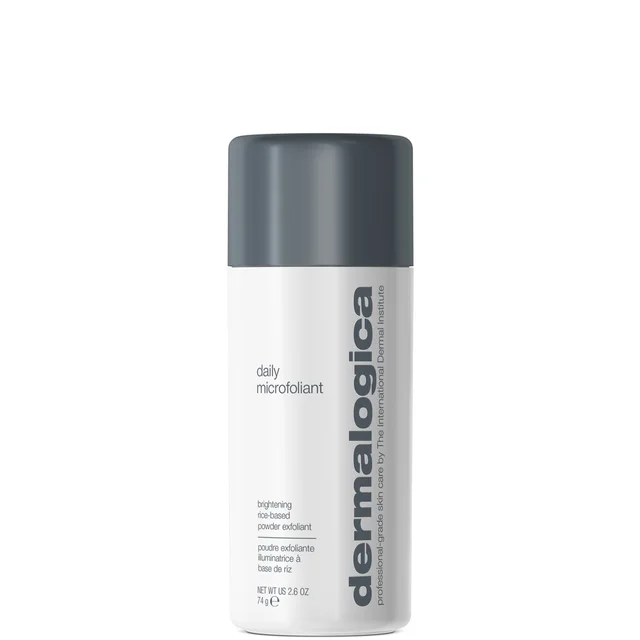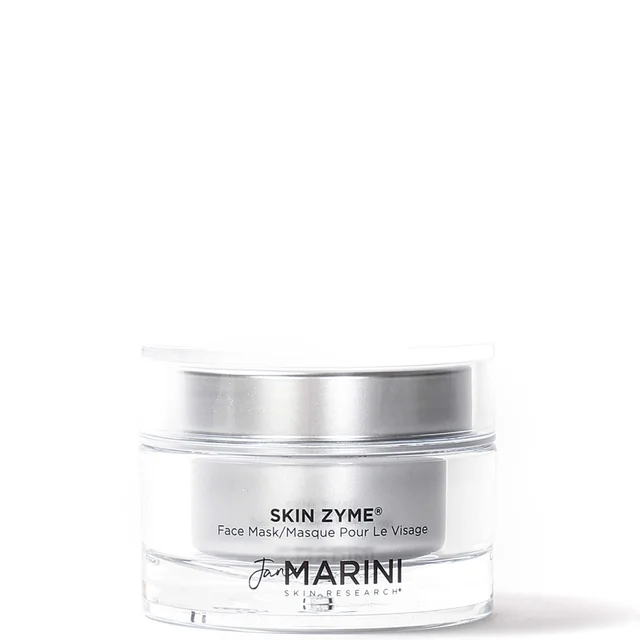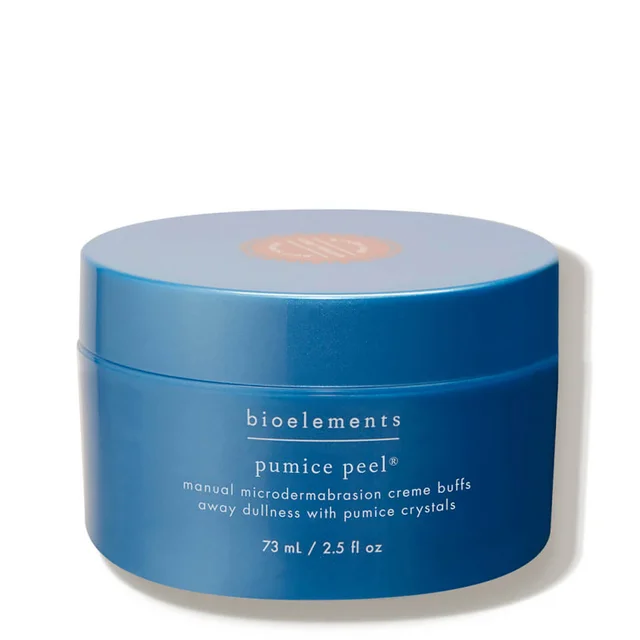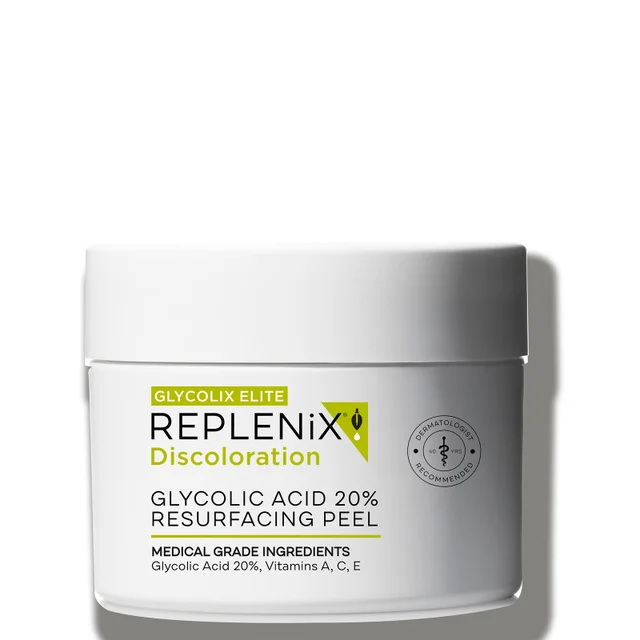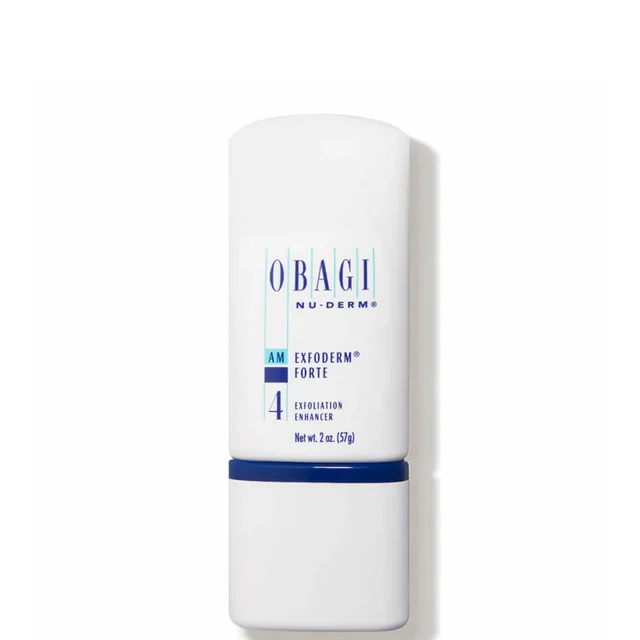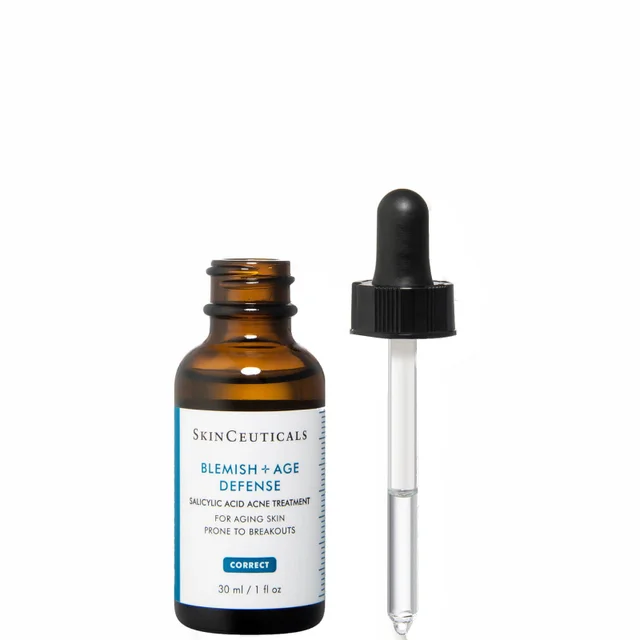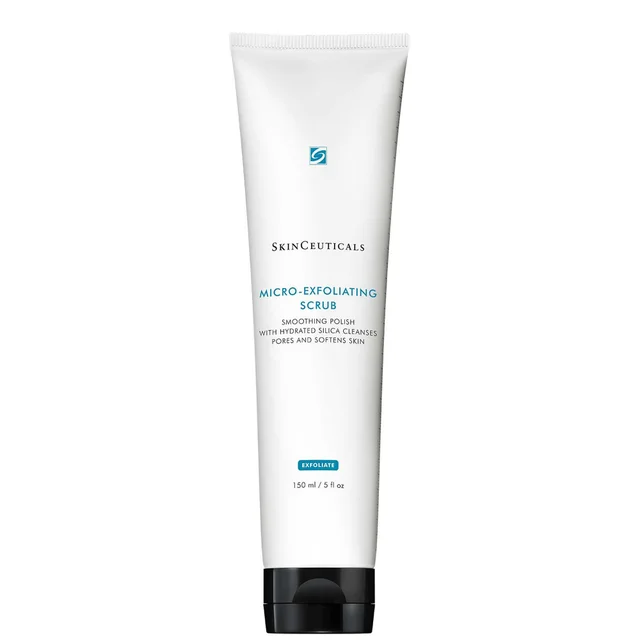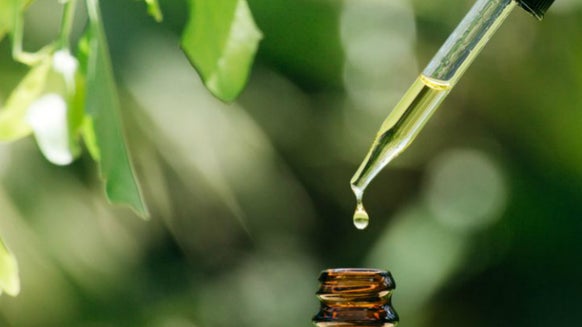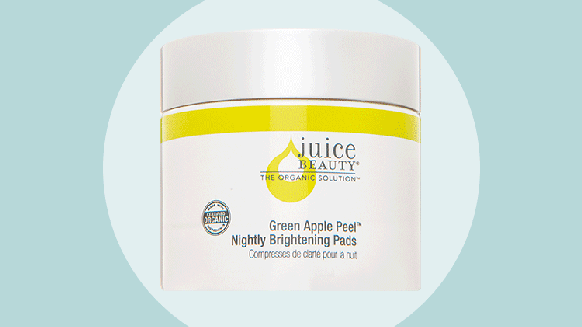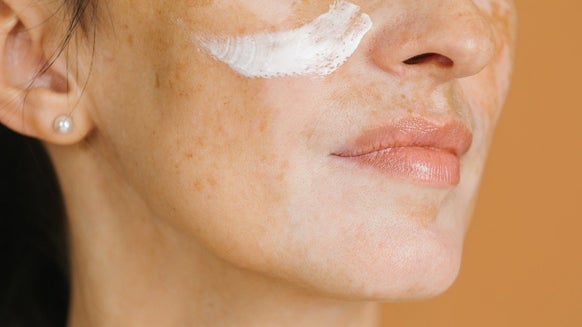Exfoliation Explained: What Is Exfoliation and Why Your Skin Needs It
Ever wonder why a baby’s skin is so soft? It’s because babies naturally replace their skin cells every few days. As you grow older, however, the rate of cell turnover slows down dramatically. Dead cells on your skin’s surface hang around much longer, a fact that tends to accentuate those fine lines and can make your complexion look dull and lifeless. By removing these dead skin cells, exfoliating your skin---whether physically with scrubs or chemically using acids or enzymes---helps make up for the gradual slowing down of your natural skin-renewal process, improving the tone and texture of your skin. Here are some of the reasons why you need to exfoliate your skin regularly:
The 5 Key Benefits of Exfoliation
It fades age spots by removing dead skin cells containing the pigment. It unclogs pores and allows the release of natural skin oils. - It minimizes pore size and superficial scars.
It makes fine lines and wrinkles look less visible because the newly exposed layer of skin reflects light better. It allows better absorption of moisturizers, antioxidants and collagen-boosting serums by removing the top layer of dead and damaged cells. This also holds true for acne medications and other types of skin treatments for which penetration is important. This is another reason why regular exfoliation should be part of a basic skin care regimen.
What Type of Exfoliant Should You Use?
There are two ways to exfoliate your skin: chemical exfoliation, which uses acids or enzymes to remove dead skin cells, and physical exfoliation, which utilizes a hard substance to manually remove the dead skin cells—think microdermabrasion. As a general rule of thumb, acne-prone and highly sensitive skin responds very well to chemical exfoliants as they are less likely to cause irritation. But one can certainly use both a physical and chemical exfoliant in conjunction with one another and benefit greatly from both, but it would be absolutely recommended not to use both on the same day to avoid over exfoliation.
What Are Chemical Exfoliants
If you prefer a chemical exfoliant, among the most common types are alpha-hydroxy acids (AHAs) and beta-hydroxy acid (BHA). Both AHAs and BHA work by combining with the structural lipids in your stratum corneum (the outermost layer of your skin) and dissolving them so that the dead skin cells break away.
Alpha Hydroxy Acids (AHAs) They are among the most common types of light chemical peels. The AHA family of acids is derived from natural sources, such as fruit, milk or sugar. Two of the most widely used in skin care products today are glycolic acid (made from sugar) and lactic acid (made from milk). AHA-based facial exfoliators are an excellent choice for people with oily skin.
Beta Hydroxy Acid (BHA)
Like the AHAs, they are a light chemical peel. In general, BHA is a more effective treatment for acne-prone skin. BHA (also called salicylic acid), is a synthetic derivative that comes from the same source as aspirin.
3. Enzymes
However, if you have very sensitive skin, it is often recommended to look for facial exfoliants that are enzyme-based. These enzymes come from a natural source, like fruits, and work in the same way as acid-based but in a much slower pace, so it allows for an extremely safe and gentle exfoliating process.
What Are Physical Exfoliants
If you prefer a physical exfoliant, the best product for you depends a great deal upon the thickness and sensitivity of your skin. It’s important to remember that all kinds of particles can be used for exfoliation, and mainstream products encompass a wide and varied selection.
Larger Granules People with oilier complexions have larger sebaceous glands, which makes their skin thicker and better able to tolerate larger, more abrasive particles, such as pumice or magnesium oxide crystals.
SmallerGranules Those with drier, sensitive skin should generally use products with smaller granules, such as ruby crystals and jojoba beads. Jojoba beads, derived from the seeds of the jojoba plant, are small and uniform in size and shape so they are less likely to irritate, cut or abrade your skin. This lessens the likelihood of small skin tears.
Seeds and Crushed Nutshells It’s important to realize that certain ingredients, although natural, may not be appropriate for your skin type. Some natural products, such as crushed nutshells, seashells, ground fruit pits and seeds, have uneven edges and irregular shapes that can damage sensitive skin. The best exfoliating scrub is the one that effectively removes your stratum corneum but, at the same time, is gentle to the rest of your skin.
There’s no doubt in my mind that regular exfoliation is absolutely essential to maintaining smooth skin and keeping wrinkles and discoloration at bay. Exfoliation is the base of all healthy-looking skin.

From the latest hair and makeup trends to the best solutions for your skin issues, we've got all your beauty concerns covered!
